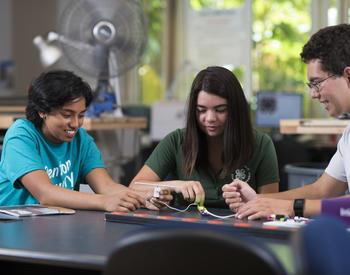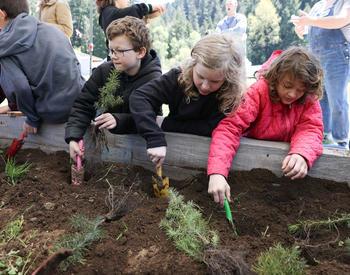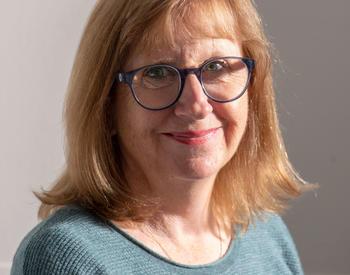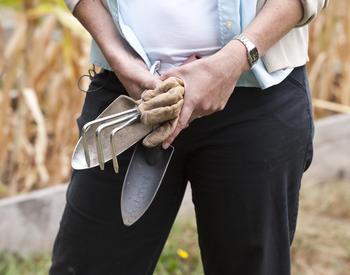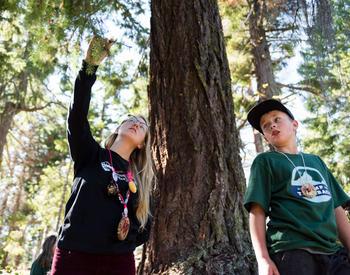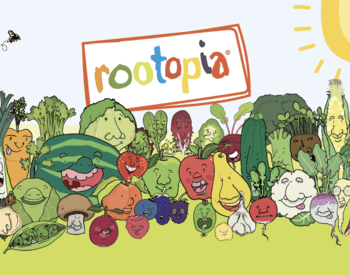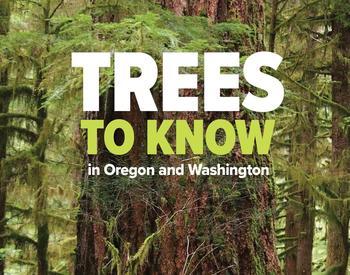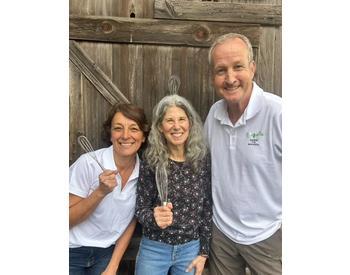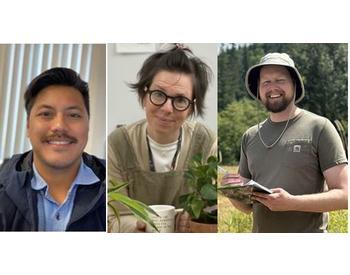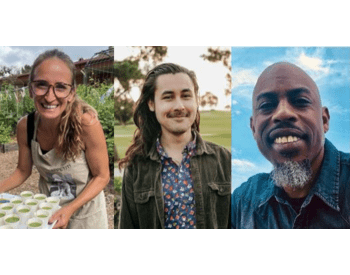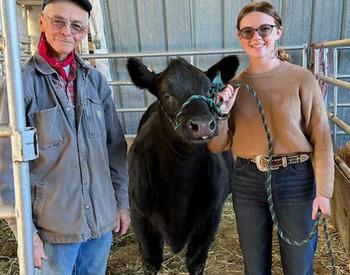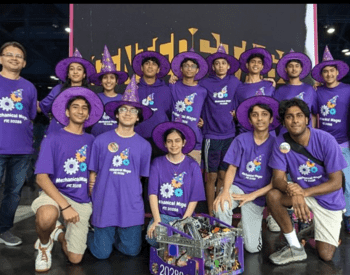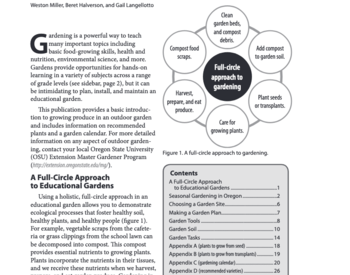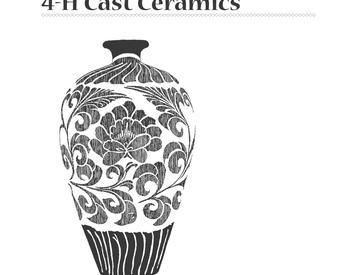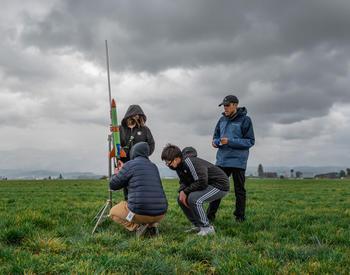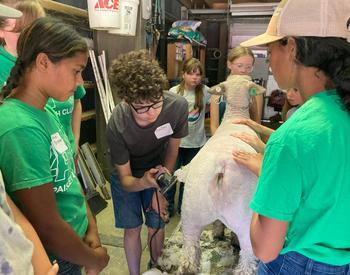CORVALLIS, Ore. – Nichole Johnson was tired of being cooped up, tired of COVID and, more recently, tired of wildfire smoke. So, when the opportunity to write and play music came her way, she jumped at the opportunity.
Johnson, a sophomore at Oregon State University majoring in biology pre-med, signed up to be part of COVID Corridos, a workshop from Oregon State University Extension Service. Johnson and 18 other Latino youth had the opportunity to create music and present it in an innovate way via a digital platform. The workshop substituted for the annual Extension Mariachi STEAM summer camp, which was canceled due to the pandemic.
A Mexican storytelling/poetic musical tradition, a corrido is a ballad that typically describes a tragic event or circumstance. The pandemic and recent wildfires and resulting smoke make ideal fodder for corridos, said Victor Villegas, Extension’s technology and media support coordinator and co-leader of the project.
“The purpose is to teach Latino/Hispanic youth science communication skills through the arts with the goal of helping them cope with the mental health effects of the coronavirus, which is disproportionally affecting their communities,” said Villegas, who collaborated with Brian Shmaefsky, a professor at Lone Star College in Texas. “We also aim to help youth connect with their heritage and gain a deeper understanding and appreciation of their cultural history.”
Just like Mariachi camp, the corridos workshop combines STEAM (science, technology, engineering, art and math) elements to stimulate interest in college and STEAM careers. The kids learned the science behind recording. They used technology to record, engineering through the tools they applied and math to figure out sampling rates. Of course, art was in the music.
Students first got a crash course on how to write a corrido and record audio in a four-day virtual class and then, on their own, wrote lyrics for the corrido and some played instruments or sang. The digital files recorded by the kids were sent to Villegas, who put it together in a three-minute video in Spanish with English subtitles to be distributed through social media.
The project, funded by the Sigma Xi and Science Talk #SciComMake award, the Oregon 4-H Foundation and Intel Latino Network, taught the kids the history of corridos, how to convert analog dialogue to digital and how to effectively use social media to promote their work.
Johnson, an OSU band member, recorded the two trumpet parts for the music Villegas composed. It took five hours because she was determined to do it in one take. Johnson said she couldn’t wait to take music when she was a child.
“Even in elementary school I loved music class the most. In fifth grade you could join band and I immediately joined,” said Johnson, who started with a clarinet and moved on to trumpet, though she can also play flute and piano. “I’ve grown to love Mariachi music; it’s one of my favorite genres to play.”
Music draws the students in and as they participate, they’re exposed to STEAM subjects and successful Latinos that serve as role models. Daniel De Leon – one of the presenters during the initial training – is one of those role models. Out of high school he was working as a janitor when his parents urged him to go to college. Even though he didn’t like high school, he took the leap.
“One of the teachers treated me as an adult for the first time,” said De Leon, who is an intern at Intel, a partner in the corridos project. “I could talk to him as a friend. That changed the whole idea of education for me. Having him speak to me with respect is ultimately what made that shift.”
De Leon is now a graduate student at OSU in computer science and machines and wants to give back. Because he came from the same background as the students in the corridos program, De Leon said they can relate to him. Though he didn’t do well in math in high school, he wants the kids to see what he’s accomplished so they know it can be done.
“I feel obligated to do this because programs like this got me to where I am,” he said. “I come from that community and I think the kids can follow in my footsteps. I want them to see I’m just like them.”
Villegas has passionately worked to show Latino youth what they can accomplish. He, too, feels like it’s his duty.
“As a Latino/Hispanic and someone who fell through the cracks and never obtained a four-year degree, I have experienced the resulting effects of that and it is extremely important to me to be a role model,” Villegas said. “I know what these kids go through, their experience of feeling out of place, not fully American, not fully Mexican. Not to mention not seeing others like them represented in STEAM and successful leadership positions. I don’t want them to go through what I and others have to go through because of our background.”
Future videos are planned and the push now is to give the video as much presence as possible through the Extension and Villegas’ Facebook pages, as well as the students’ social media platforms.
